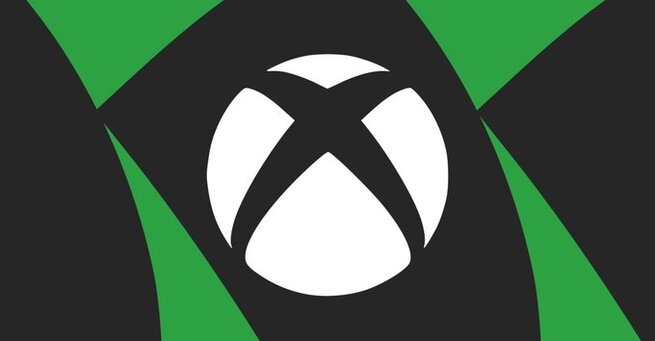
Curious about why the FTC failed to block Microsoft's $68.7 billion Activision Blizzard deal even after an appeal? You're not alone. Many are searching for updates on the Microsoft-Activision merger, the FTC's legal efforts, and what this means for competition in the gaming industry. Simply put, the FTC's attempt to reverse the landmark acquisition has officially failed, with an appeals court upholding the original ruling that allowed the deal to proceed. This pivotal moment not only reshapes the gaming landscape but also marks one of the largest tech mergers in history, influencing everything from Xbox Game Pass growth to competition across cloud gaming services.
The Federal Trade Commission (FTC) initially tried to halt Microsoft's acquisition of Activision Blizzard, citing concerns over reduced competition and potential harm to innovation, game pricing, and content quality. In its 2022 complaint, the FTC argued that Microsoft could control major gaming franchises like Call of Duty, Overwatch, and World of Warcraft to disadvantage competitors. However, a federal district judge denied the FTC’s request for a preliminary injunction in 2023, clearing the path for the $68.7 billion deal to finalize by October of that year.
Despite the acquisition being completed, the FTC pursued an appeal, hoping to overturn the lower court’s decision. Fast forward to May 7, 2025, a panel from the appeals court unanimously affirmed the district court's denial. According to the panel's statement, the FTC failed to sufficiently demonstrate a likelihood of winning its case based on its core arguments. This outcome not only deals a significant blow to the FTC’s broader efforts to regulate big tech mergers but also reinforces Microsoft's growing dominance in the gaming industry.
Even though the acquisition is complete, the battle isn't entirely over. The deal remains under an administrative proceeding initiated by the FTC, but its impact is expected to be minimal compared to what blocking the merger would have achieved. Microsoft's legal victory signals a green light for its ongoing plans to expand services like Xbox Cloud Gaming and Xbox Game Pass Ultimate, areas with high growth.
Meanwhile, both Microsoft and Activision Blizzard have remained tight-lipped following the latest ruling. FTC spokesperson Vicky Graham and Microsoft spokesperson Alex Haurek declined to comment when contacted by media outlets like Reuters and The Verge.
As industry observers digest this major development, questions remain about the future of competition in cloud gaming, mobile gaming ecosystems, and digital distribution platforms. Will Microsoft maintain fair competition, or will it use its newly acquired power to reshape the industry? For gamers, developers, and competitors alike, the ripple effects of this historic $68.7 billion deal are only just beginning.
𝗦𝗲𝗺𝗮𝘀𝗼𝗰𝗶𝗮𝗹 𝗶𝘀 𝘄𝗵𝗲𝗿𝗲 𝗿𝗲𝗮𝗹 𝗽𝗲𝗼𝗽𝗹𝗲 𝗰𝗼𝗻𝗻𝗲𝗰𝘁, 𝗴𝗿𝗼𝘄, 𝗮𝗻𝗱 𝗯𝗲𝗹𝗼𝗻𝗴. We’re more than just a social platform — from jobs and blogs to events and daily chats, we bring people and ideas together in one simple, meaningful space.